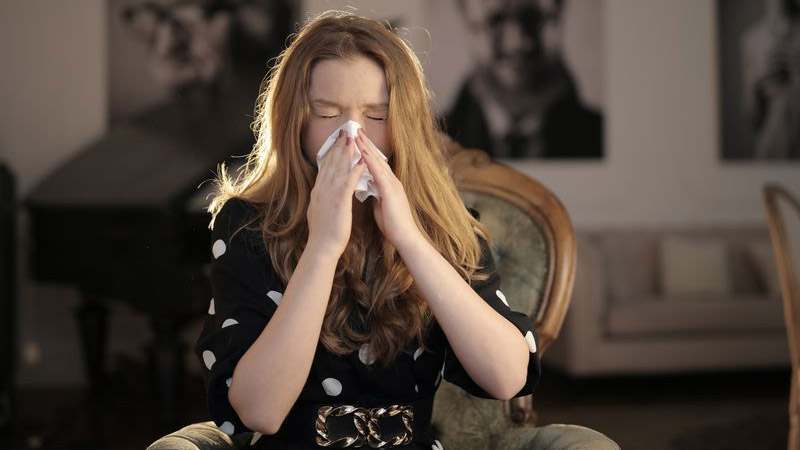Whether you get it from a vaccine or an infection, COVID-19 immunity does not last forever. In a study published May 3 in JAMA Network Open, researchers combed through studies to determine just how long protection from the shots endures.
The scientists, led by a team from Italy, analyzed 40 studies that documented people’s vaccination status and their subsequent infections with COVID-19, confirmed by lab tests. The studies included data from both the Delta and Omicron surges.
Overall, the researchers found that one month after people received two doses of either mRNA vaccine (from Moderna or Pfizer-BioNTech), the vaccine from AstraZeneca, or the shot from Sinovac, the vaccine effectiveness was 53% in protecting against symptoms of COVID-19. (There were differences among the vaccines, with Moderna’s primary series of two shots showing the highest effectiveness of 62% one month after the series, and Sinovac’s demonstrating the lowest effectiveness at 32%.)
After six months, the overall effectiveness of the vaccines dropped further to 14%, and to 9% after six months. This warning was greater during the Omicron wave than during the Delta wave, suggesting that the vaccine was less effective against Omicron.
Booster doses after the primary series restored protection back to levels achieved just after the primary vaccination, but this protection waned too, at a rate similar to that after the primary series, dropping from 60% at one month after the booster dose to 13% at nine months. This drop in efficacy corresponded to rates of lab-confirmed positive tests for Delta and Omicron infections.
The studies in the review did not delve into how well the vaccines protect against more severe disease, hospitalizations, and deaths due to COVID-19; other studies to date have shown that protection against more serious outcomes wanes much more slowly than against symptomatic infection and that the shots continue to protect pretty well against these more dire events.
“This study is showing that the protection [from vaccines] is very high at the beginning, but it wanes quickly,” says Marco Ajelli, associate professor of epidemiology and biostatistics at the Indiana University School of Public Health and one of the co-authors of the study. “That’s exactly in line with what we observe for influenza.”
In fact, says Ajelli, the flu vaccine and its immunization schedule could serve as a useful model for determining when COVID-19 vaccines should be given to keep protection as robust as possible. “We know we get an influenza shot every year because the protection from last year’s shot doesn’t work through this year,” he says. “The situation for COVID-19 will be very similar…we need to get into a cycle or loop to get a new dose to boost protection.”
Public health experts expect that COVID-19 cases will continue to ebb and flow around the world, and it’s not clear yet whether infections will peak during classic respiratory virus seasons like the flu and colds do. But it’s reasonable to assume that they might, given that SARS-CoV-2 is also a respiratory virus that targets the lungs. Getting an updated dose will serve two purposes: protecting the individuals who are vaccinated, and also protecting the communities in which they live by creating a wall of immunity that reduces the risk that the virus can spread from person to person.
“Without repeated booster doses for the population, I think the virus circulation will be left uncontrolled,” says Piero Poletti, senior researcher at the Center for health emergencies of the Bruno Kessler Foundation in Italy and another co-author of the study. That could lead to continued infections and disease, and potentially provide the virus with more opportunities to mutate into more virulent forms.
As with the yearly flu shot, however, the key to developing an effective COVID-19 shot is to target the right strain or strains based on the version of the virus that’s most dominant at the time. That takes a bit of educated conjecturing and some guesswork—as it does for the annual flu vaccine. In June, the U.S. Food and Drug Administration will convene its panel of vaccine experts to figure that out: the first step toward turning COVID-19 into a vaccine that’s updated and administered on a fixed schedule.



